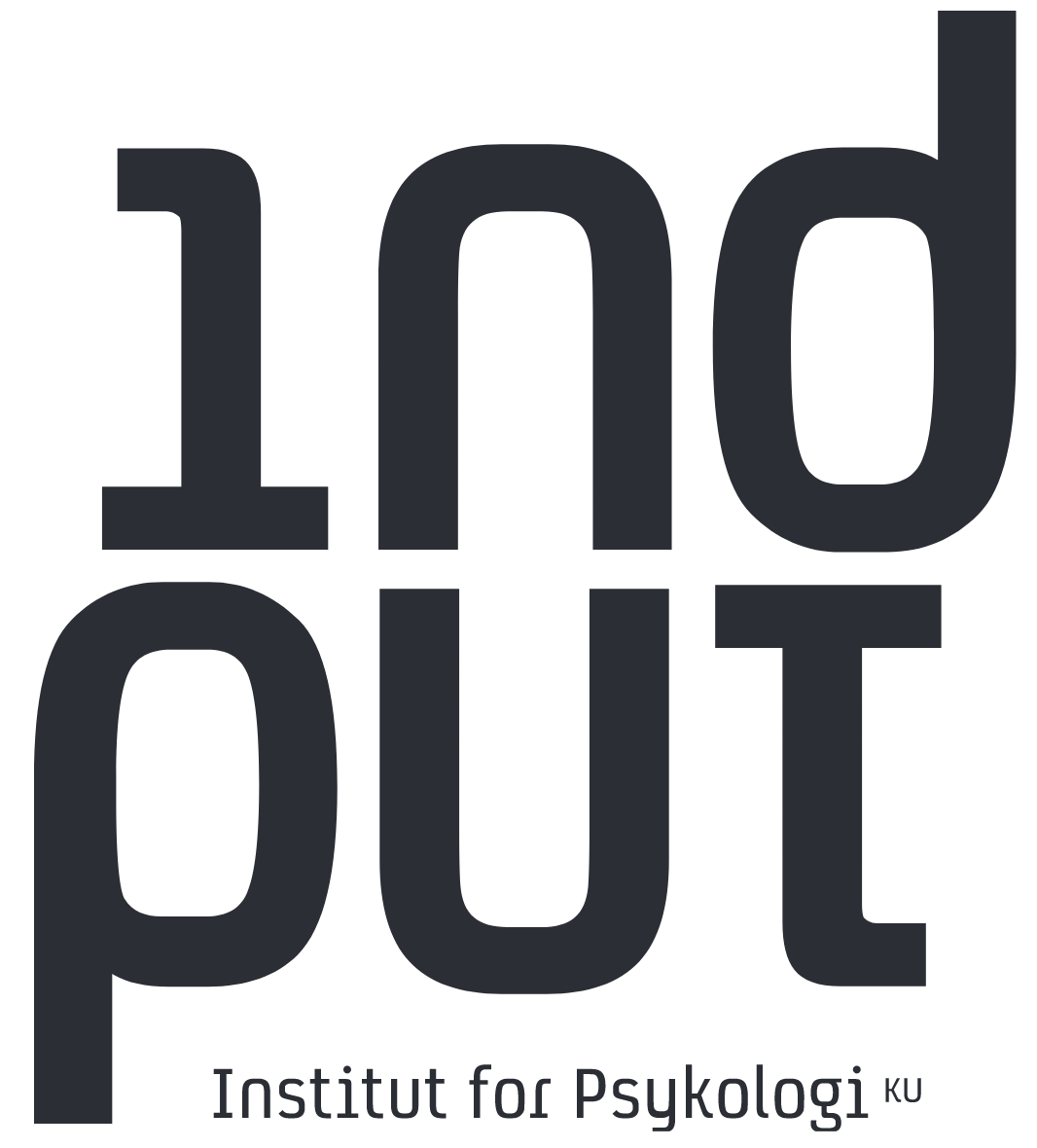Tørklædeforbuddet og den muslimske kvindes agency
Abstract
This paper is a psychological investigation of the question of free choice, through an examination of the hijab controversy as it plays out in the Danish society. In the early months of 2022, the Danish government set up a commission (Kommissionen for den Glemte Kvindekamp) with the purpose of researching possible strategies for mitigating the social control of minority ethnic women and girls.
The commission sparked the public debate when it suggested implementing a veiling ban in all primary schools. Interestingly, both arguments for and against such a ban claimed to be originating from feminist perspectives with the Muslim woman’s best interests at heart. Is it ultimately better that Muslim women’s attire is restricted and controlled by government authority? Either way, the Muslim woman’s free choice seems to be at stake.
This project engages with the question of free will through an examination of the psychological and sociological construct agency. The examination adopts two diverging feminist perspectives, a nordic and a post-colonial, and combines each with a psychological theoretical framework.
A Nordic feminist analysis illustrates how the Muslim woman’s free will is polluted by external forces, with the aid of Louis Althusser’s theory of ideological state apparatuses. Through ideological interpellation, the Muslim women actively perpetuates a social order which restricts her possibilities and freedoms. Through a combination of Archer’s theory of reflexive agents, and a post-colonial feminist perspective, the Muslim woman is contrastingly portrayed as an active agent, who engages with conflicting norms in her social context, and adjusts religious practices to fit her personal identity.
This project thus illustrates how diverging epistemological standpoints necessitates that different parties in the hijab controversy engage in self-critical reflections on their own social and ideological viewpoints.
Bedømmelse: 12
